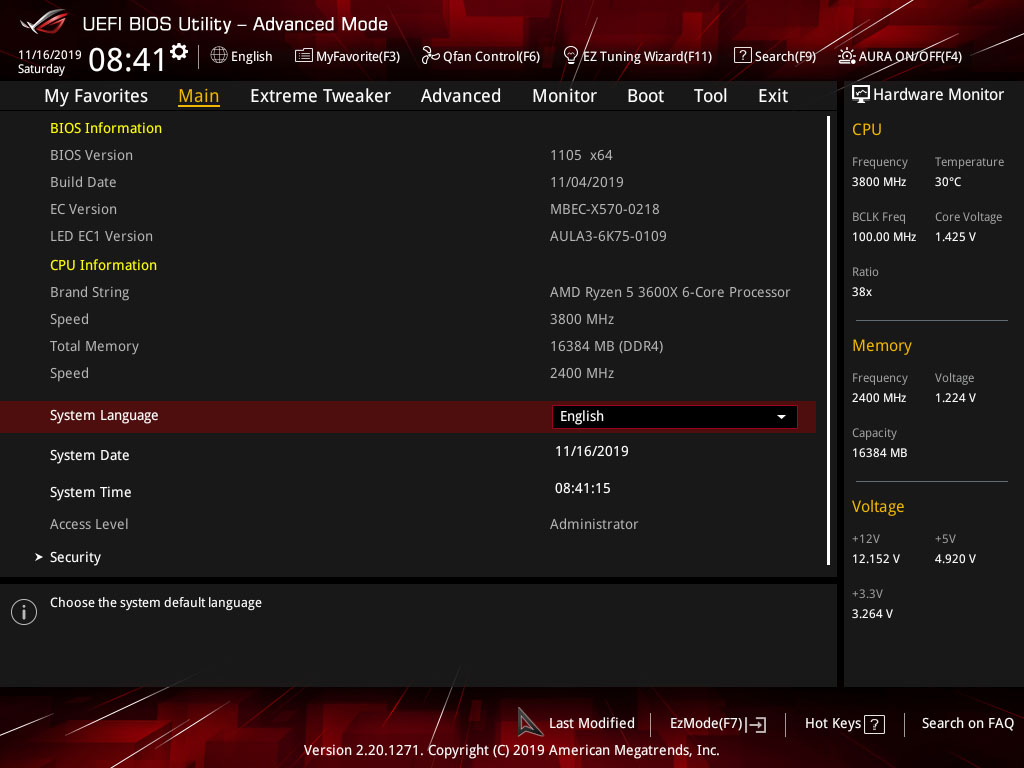OP
SilenceoftheSamz
Member
- Joined
- Jul 29, 2019
- Messages
- 25
- Likes
- 16
- Thread Starter
- #21
doing more re
ill read it and see what I learn.
also, I've done more research and found this thread on reddit:
https://www.reddit.com/r/Amd/comments/el8odk I will also try that and update this thread if that solves it.
Thanks for the book reference.I'm going to guess it's multitasking and buffering...
You operating system is ALWAYS multitasking even if you are only running one application.
The audio is written to a buffer (like a long pipe or storage tank) whenever the operating system gets around to it. Then the audio flows-out to the DAC at a smooth-constant rate. If the buffer doesn't get refilled in time you get buffer underflow and a glitch or gap in the audio. So a bigger buffer, or a faster computer can help. Or, usually you can minimize the interruptions. (When you record there is a buffer that works the opposite way... Filled at a smooth-constant rate and read in a quick burst. In this case the danger is buffer overflow.)
The tricky thing is that some application/process/driver doesn't have to be using a lot of total CPU time... It just has to hog the system for a few milliseconds too long and you get a glitch.
I don't know if you can adjust the buffer size with regular Windows or drivers/applications. With ASIO you can, but your player application has to support ASIO. Your hardware should have ASIO drivers although ASIO4ALL can "fake" the hardware-side to work with regular Windows drivers.
There is a FREE online book about optimizing your (Windows) computer for audio called Glitch Free. It's mostly for recording-production but there is useful information for playback.
ill read it and see what I learn.
also, I've done more research and found this thread on reddit:
https://www.reddit.com/r/Amd/comments/el8odk I will also try that and update this thread if that solves it.

